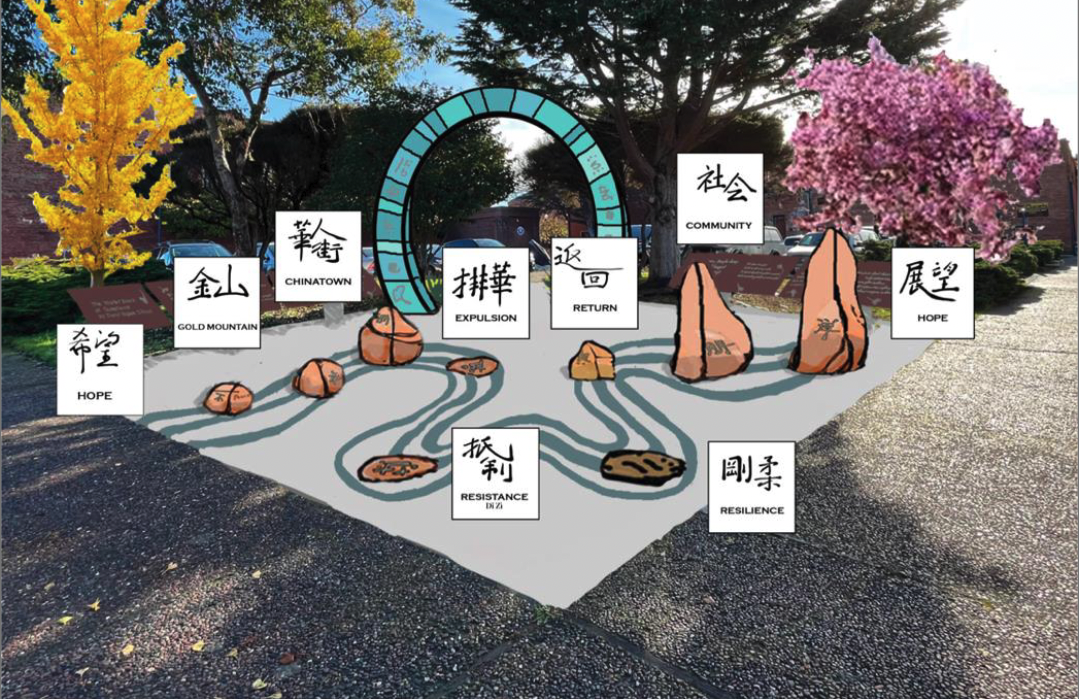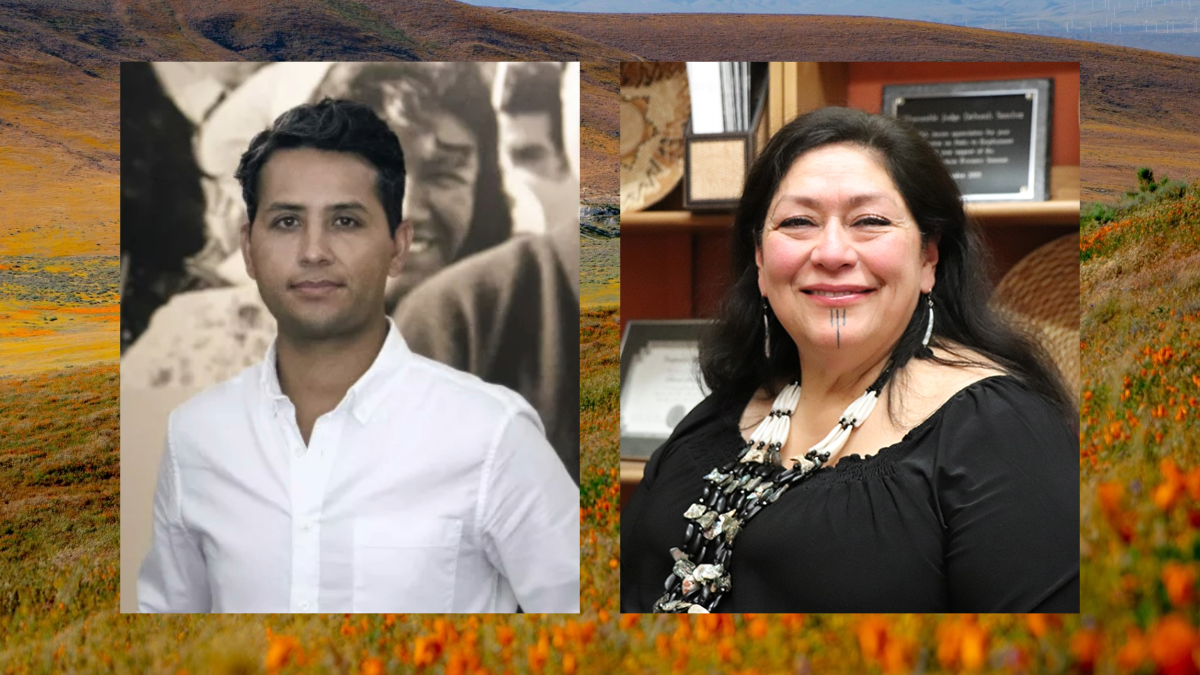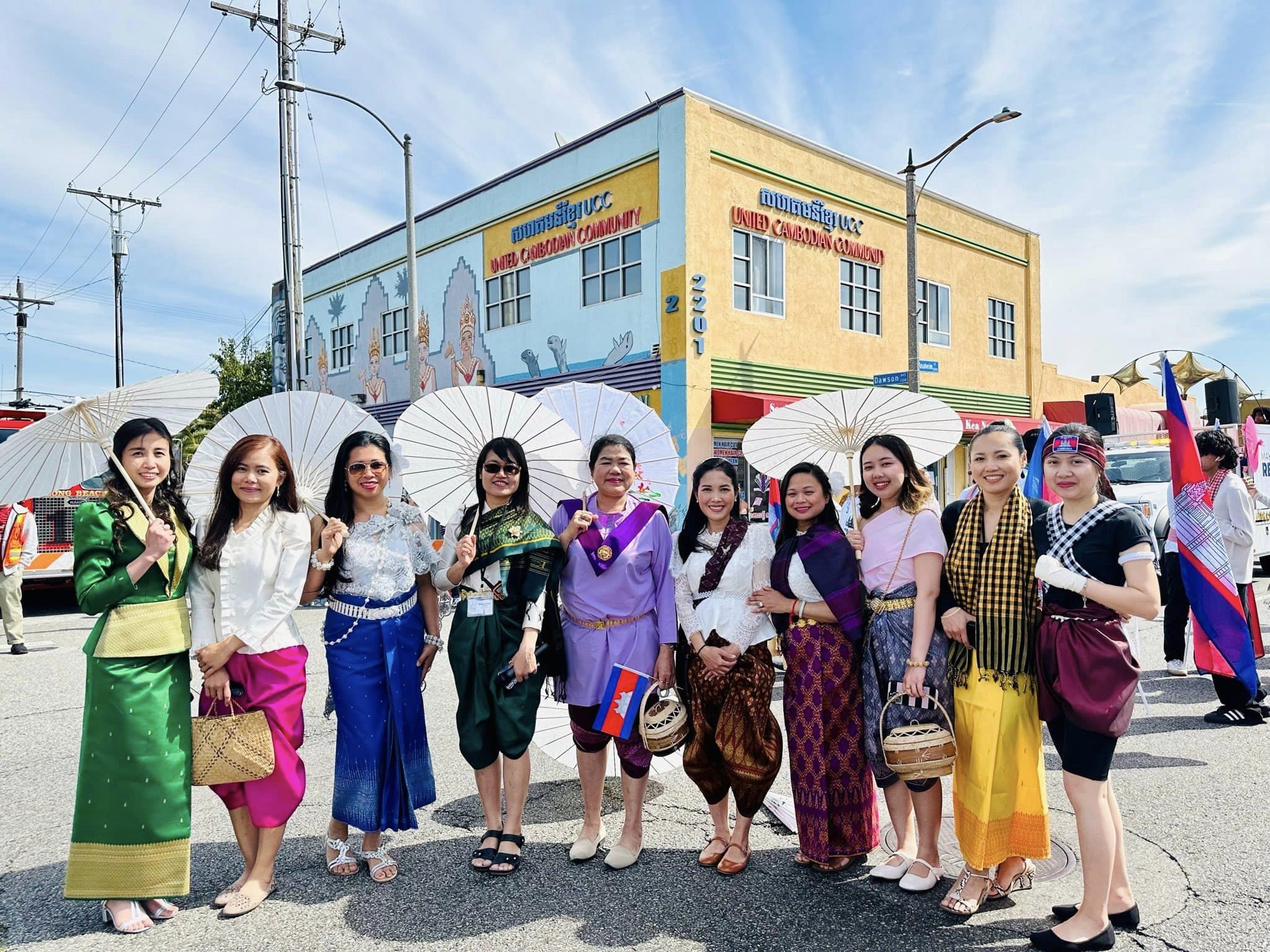Americans are more likely than ever to live alone and less likely than ever to have many close friends or join social clubs.
People are becoming more atomized, more isolated, and less connected to their fellow citizens. Historically, American society has relied on voluntarism, and our elections and civic institutions are based on the principle that citizens get involved with them only by choice, not by command. So what does our increasing isolation mean for our future? Does it undermine the pillars of our society? Philip Levine, Pulitzer prizewinner and poet laureate of the United States, has lived many American lives throughout his 84 years—as an autoworker, a political activist, a teacher, and, of course, a poet. On June 5, 2012, Levine joined Zócalo to discuss the changes in how we relate to one another amid the shifting sands of American life and whether or not the country’s increasing social isolation is a threat to democracy.
This event was part of our Searching for Democracy initiative, and is produced in partnership with Zócalo Public Square. Click here for the takeaway.




